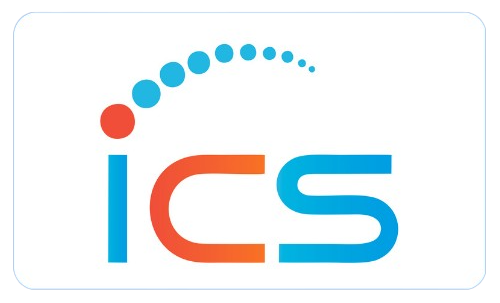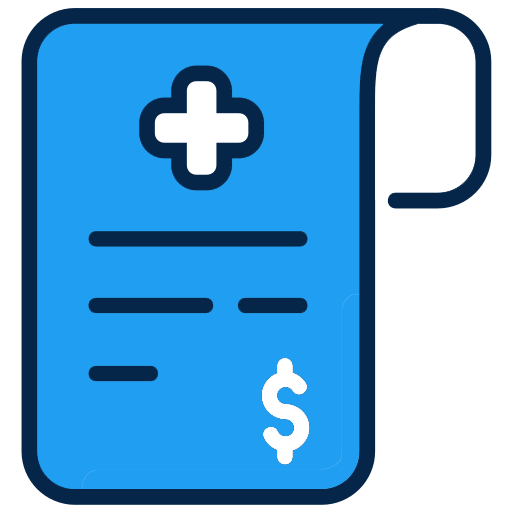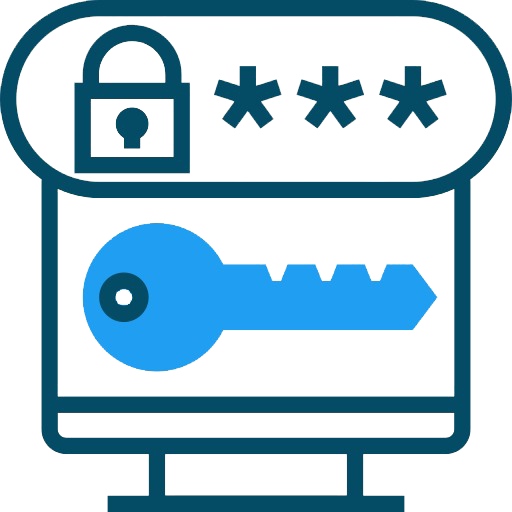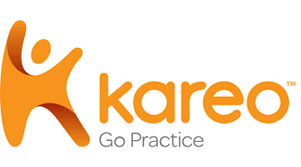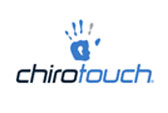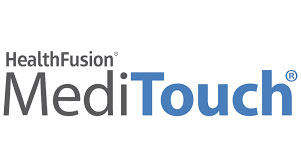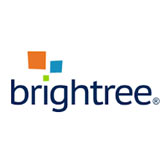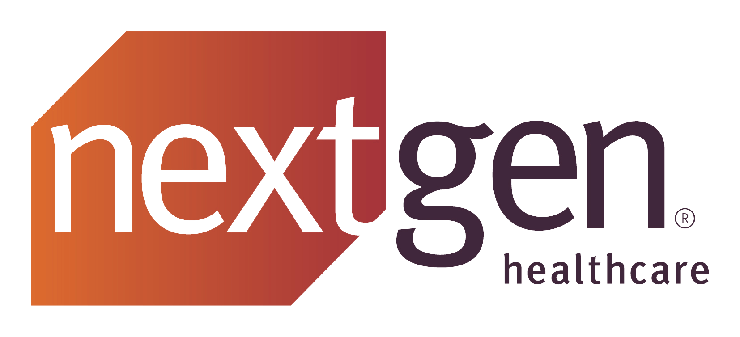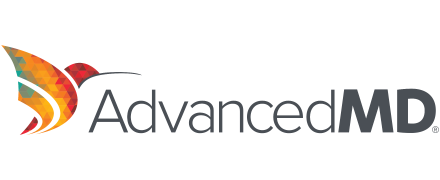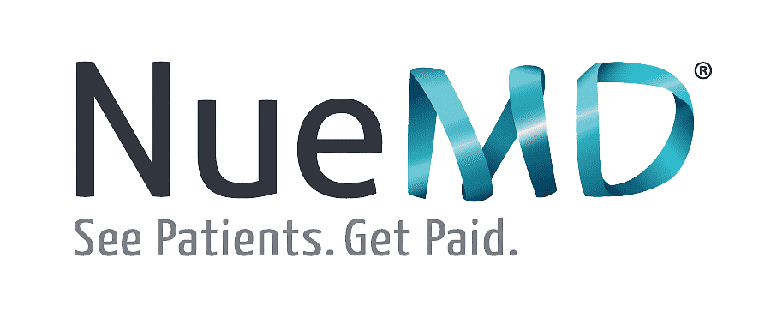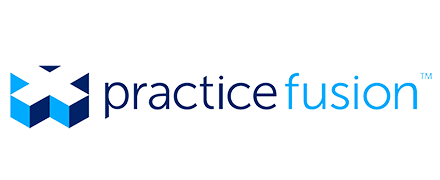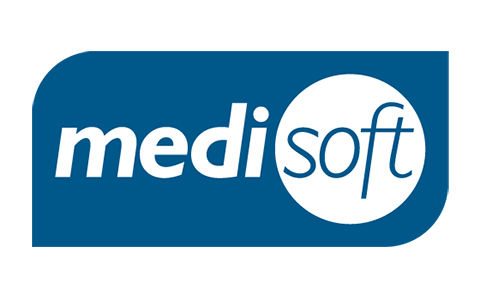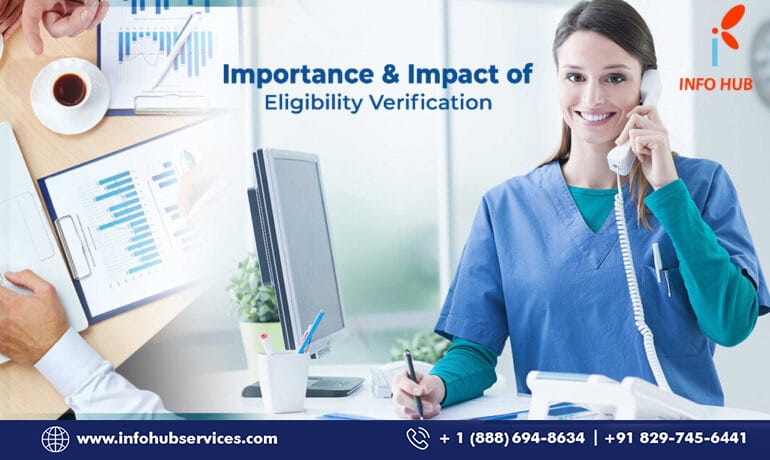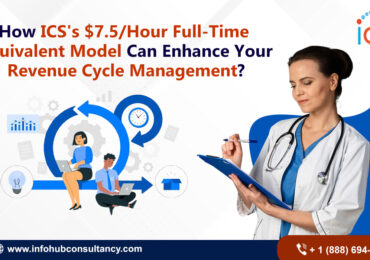There is a lot of confusion in the current healthcare space regarding health insurance- not only among the other hospitals and healthcare providers but also among the patients.
In fact, many of your patients are not well aware of the mechanism of the insurance process as it comes with numerous cost-sharing options. They may not even be familiar with the difference between co-pay, premium, coinsurance, deductible, and out-of-the-pocket maximum. All of which work together intending to provide health coverage.
Additionally, many patients are often confused about why their insurance plans follow higher coinsurance, though they opted for a low-cost premium plan. Having negotiated lower payment rates, they feel cheated when they have to pay up the bills for availing of an out-of-network service. They get puzzled with the belief that they are denied health coverage, little realizing their mistake of not covering the deductibles.
Research proves that most of the claims are delayed or denied due to the gaps or lack of patient information. This might be linked with the expiry of insurance cover, incorrect filling up of the forms during their visits, or failure in updating the patient’s medical dossier at the front desk/ reception, missing claim form, lack of pre-certification, a mismatch between the diagnosis and service provided, and much more.
Against this backdrop, it is crucial to verify insurance eligibility more carefully to make the verification process more effective.
Benefits of Eligibility Verification
1. Improves the Cash Flow
Accurate insurance verification will speed up the claim approval process and ensures you the highest number of clean claims. Thereby, it will lead to improvement in the cash flows via a faster billing cycle. However, inadequate verification of insurance eligibility and plan-specific benefits will enhance your risk regarding the higher chances of claim rejections, bad debt, and even denials.
2. Minimizes Claim Denials & Rejections
You can also minimize your claims rejections and denials by verifying the insurance coverage well in advance for your equipment or procedures. As the insurance information keeps changing frequently, you really need to stay updated with these ever-changing regulatory requirements. Otherwise, this could lead to billing errors, rejected claims, and even delays in reimbursements. As a healthcare provider, you need to be more careful and verify your patient’s eligibility before scheduling an appointment or providing services to them.
3. Boosts the Patient Satisfaction
Did you know that ninety percent of the patients want to know about their payment responsibility upfront? That’s why it is important to get in touch with your patient’s insurance provider before you render any service to them. Also, make sure that your rendered services or procedures are included in your patient’s insurance coverage. In case any error arises in carrying out the verification process or submitting a claim that is not covered by your patient’s payers can leave your patient frustrated, financially exposed, and fearful. Thereby, your patients will have to pay the full amount for the services rendered to them. This is not just worse for your patients but also detrimental to your practice.
Six Steps to Optimize Insurance Eligibility Verification Process
Make your insurance verification process work seamlessly with the following simple yet effective techniques:
- Check your appointment schedules regularly via the appointment and scheduling software.
- Educate all your patients about their financial obligations and insurance coverage.
- Verify the healthcare coverage of each patient with the insurance payers by contacting the executives via phone calls, IVR, and website portals.
- Keep updating your patient’s information. Your billing team must verify the eligibility criteria by collecting all the details and mentioning the co-pay, claim details, and coverage period.
- Your in-house front desk also has to follow up on your patient details to ensure that there are no issues regarding the insurance eligibility. Also, it should be resolved immediately in case any problem arises to avoid the denials.
- Real-time verification will also help you in updating and storing your patient data.
Conclusion
Having an efficient and detailed eligibility verification process at your healthcare can eliminate your hours of spending over-the-phone calls or scrolling numerous websites to verify insurance eligibility. Furthermore, this process can decrease your claim denials and delays with the assurance of timely response to the insurance coverage. Thereby, this can raise your overall bottom line and make your revenue practice management more efficient. However, this entire verification process seems very easy, but in actual it is not. So, the best solution to your problem is to contact the Info Hub Consultancy Services – known for their expert team, who are efficient and effective in conducting the eligibility verification. Call one of the best medical billing companies in India immediately before it is too late.
